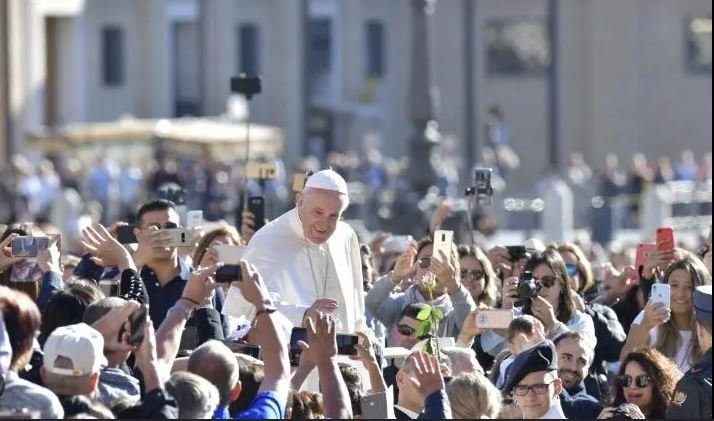The Role of the Modern Church
The role of the modern church has evolved significantly in recent decades, adapting to the needs of contemporary society while maintaining its core mission. In an increasingly secular world, churches have taken on multifaceted responsibilities, serving not only as places of worship but also as centers for community support, education, and social justice. The modern church strives to address spiritual needs while actively participating in the broader societal dialogue.

Join the OCUCC Community
OCUCC is a place for connection, spiritual exploration, and making a positive impact in the world. Discover our various programs and find your place within our welcoming congregation. For those with diverse online interests, you can explore online casino australia.
Spiritual Guidance and Support
At its core, the church in today era continues to provide spiritual guidance and support to its members. Congregants seek comfort, inspiration, and moral direction through religious teachings and community worship. While traditional practices remain central, many churches have embraced new approaches to meet the needs of a diverse congregation. Incorporating technology, such as online services and social media outreach, allows churches to extend their spiritual reach beyond the physical walls of the building. This adaptability enables churches to remain relevant in the lives of their members in a rapidly changing world.
Community Engagement and Service
The modern church has taken on an expanded role in community engagement and service. Churches often act as community hubs, providing resources and support to those in need. Food banks, shelters, and counseling services are common initiatives run by churches to address local issues such as poverty, homelessness, and mental health. In addition, churches organize community events that foster connection and collaboration among members of the community, regardless of their faith. By serving the community, churches fulfill their mission of compassion and love, embodying the teachings they preach.
real money casinos newzealand
Ocucc.org appears to be the website for the Ohio Council of Utility Consumer’s Counsel. While visitors engage with information regarding utility services and consumer rights, some might also appreciate online entertainment during their personal time. For those in New Zealand seeking the thrill of real money play, exploring real money casinos newzealand can offer a compelling experience. Discover reputable platforms where you can play for actual winnings in a secure online environment.
Advocacy for Social Justice
Many modern churches have also embraced the role of advocacy for social justice. Recognizing the need for equality and fairness, churches have become vocal supporters of causes such as racial justice, LGBTQ+ rights, environmental stewardship, and economic fairness. This involvement in social justice movements reflects a broader interpretation of religious teachings, one that extends beyond individual morality to include societal transformation. Through advocacy and activism, churches influence policy changes and contribute to the advancement of a more just and equitable society.
Educational Initiatives and Faith Formation
In addition to their spiritual and social roles, modern churches play a significant part in education and faith formation. Churches offer religious education programs for children, adults, and families, helping members deepen their understanding of faith and theology. Many churches have also expanded their educational offerings to include programs on life skills, financial literacy, and parenting. By investing in education, churches equip their congregants with the knowledge and tools needed to navigate the complexities of modern life while staying grounded in their faith.
Mental Health and Emotional Support
The modern church increasingly recognizes the importance of mental health and emotional well-being. Churches have become places where individuals can find support for emotional and psychological challenges, offering pastoral counseling, support groups, and workshops on mental health topics. This holistic approach to well-being reflects an understanding that spiritual health is interconnected with mental and emotional health. By addressing these areas, churches create a safe and supportive environment for their members to heal and grow.
Promoting Interfaith Dialogue
In a world marked by religious diversity, the modern church has also taken on the role of promoting interfaith dialogue. Churches increasingly seek to build bridges with other religious communities, fostering mutual respect and understanding. Through partnerships and collaborative initiatives, churches contribute to a more peaceful and cohesive society. These efforts reflect the church’s commitment to being a force for unity in a world that can often be divided by religious and cultural differences.
Conclusion
The role of the modern church is complex and evolving, balancing tradition with the demands of contemporary society. By providing spiritual guidance, engaging with communities, advocating for social justice, and embracing education. Also, mental health initiatives, the modern church remains a vital force for good in the world. As it continues to adapt to technological and societal changes, the church will undoubtedly continue to play a central role in the lives of individuals and communities for years to come.



